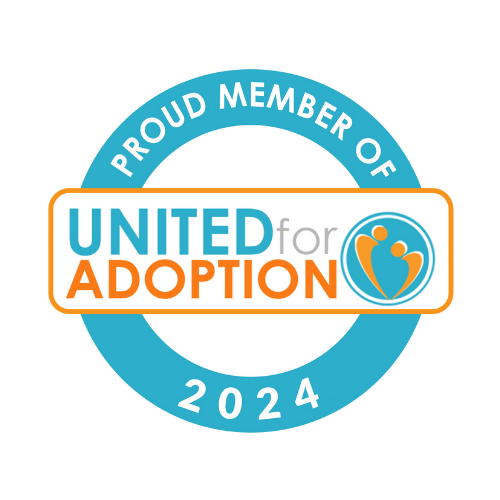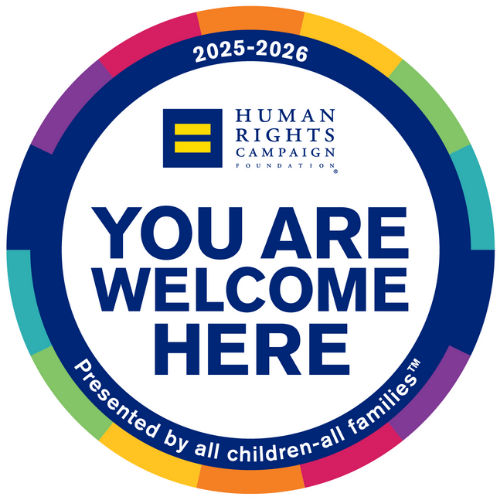In January, after thirteen months in care, Liz and Derik Howcroft adopted their daughter Katlyn. Adopting from foster care isn’t unusual. In fact, from July 1, 2015-June 30, 2016, 416 Utah children were adopted by non-relatives. But Katlyn’s adoption was unusual because she had recently turned eighteen. Sadly, last year, in our state, 8% of children leaving Utah’s foster care system did so because they “aged out.”
The Howcrofts were initially licensed to care for young children. Liz says, “I was concerned that teens would have a negative influence on my kids and that they wouldn’t listen to me; I had no experience parenting teens.”
That all changed after the family reluctantly agreed to take Katlyn as a temporary placement. To the surprise of all, no one wanted her to leave.
Katlyn thrived in the environment of her new family. She joined her high school’s dance team, was elected to student government, took college courses and excelled academically. Yet, as capable as she was, Katlyn was apprehensive about her future. Teens who are not adopted and age out of the foster care system lack networks of support. They are at greater risk for homelessness, pregnancy, dropping out of school, unemployment and committing crimes. Having a permanent connection to family has many protective factors and Katlyn understood this, “I’d always been alone and I knew I needed someone; not just now but down the road.”
On any given day, there are about 753 Utah children aged 14-17 in foster care. That’s more than one if four children in foster care in our state! Because finding families to care for teens is difficult, all too often they are placed in group homes or must leave their communities to find placements. If not for the Howcrofts, this would have been Katlyn’s fate; not because her behavior warranted a higher level of care, but because there were simply no other options.
Katlyn has this to say to those who are considering opening up their homes to teens, “Fostering teens is going to be scary, but it changes our lives; you have a chance to change generations.”






